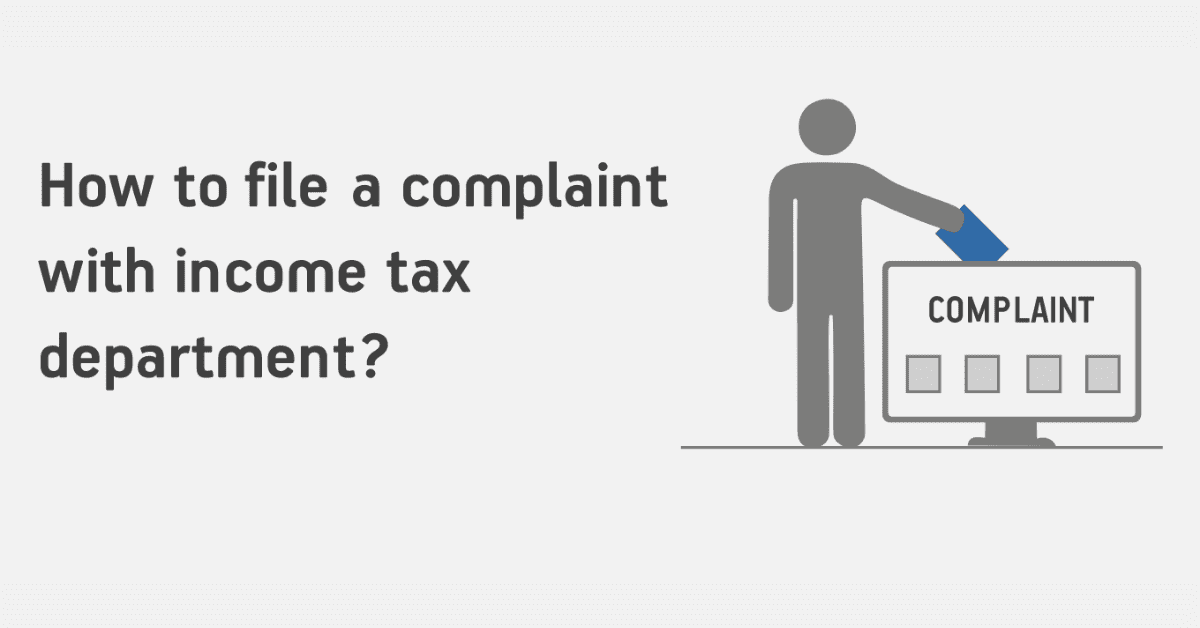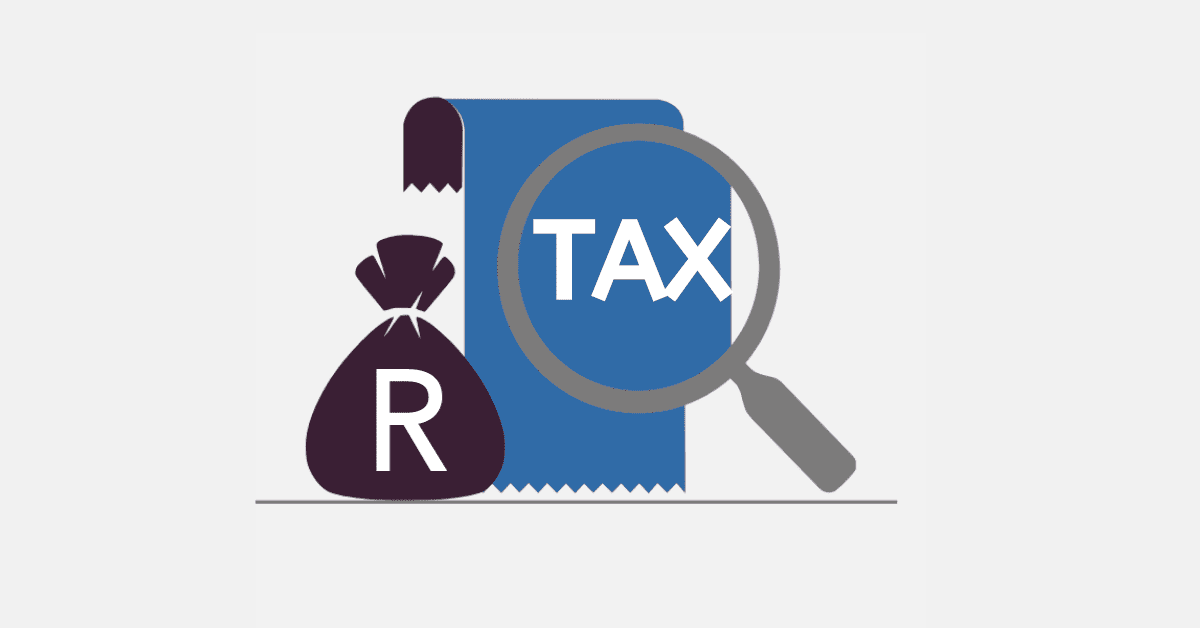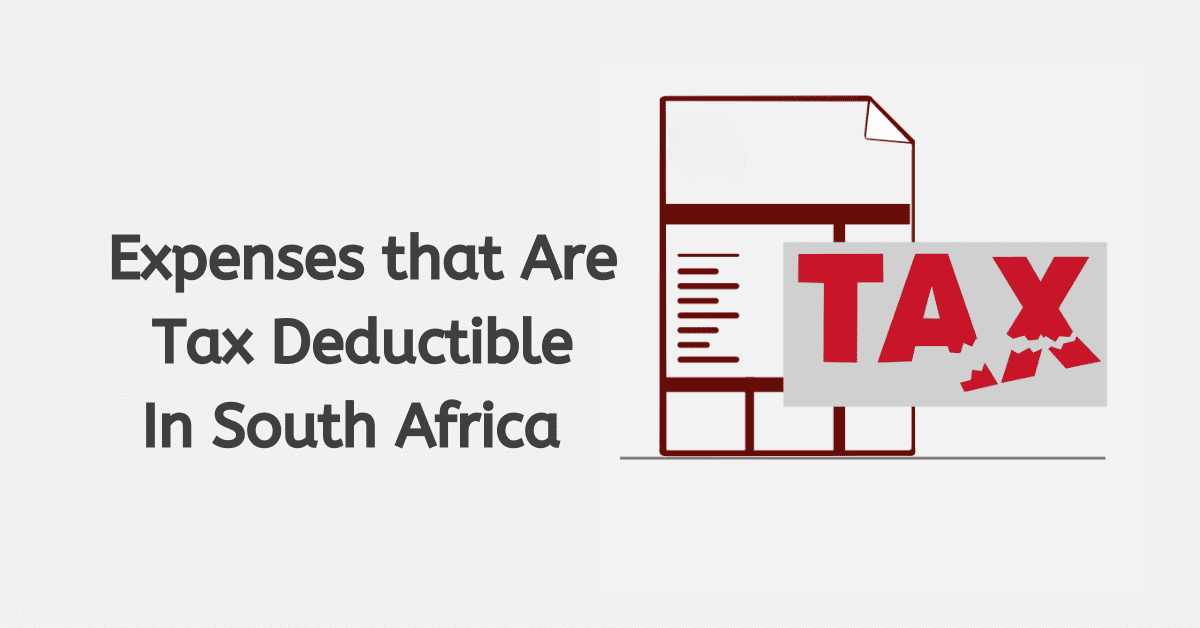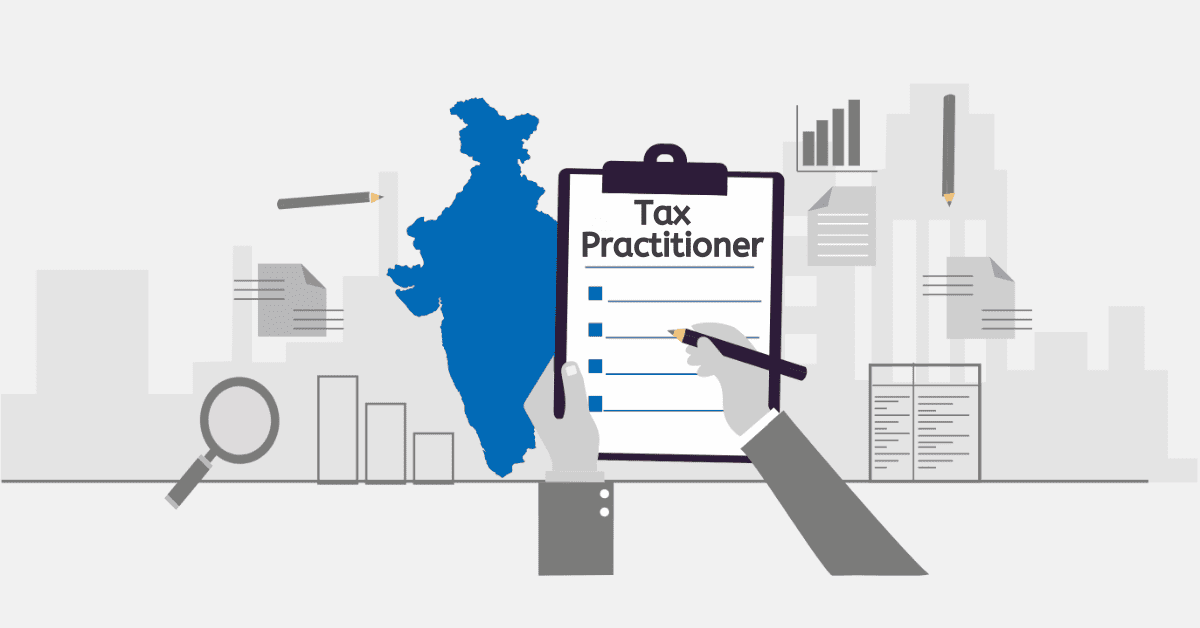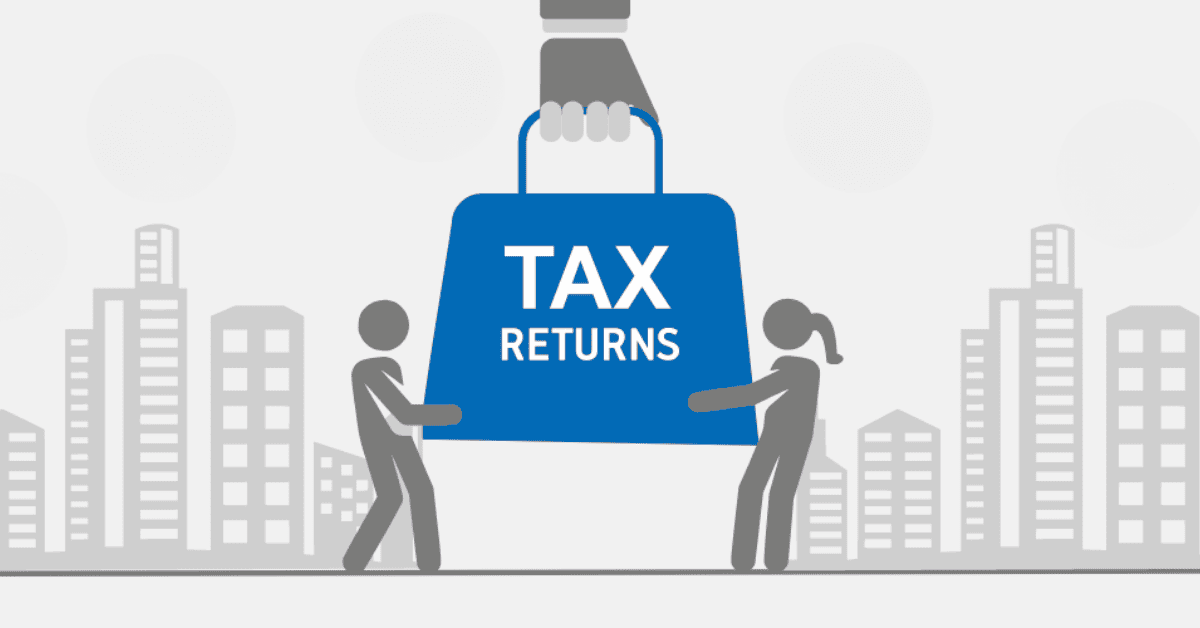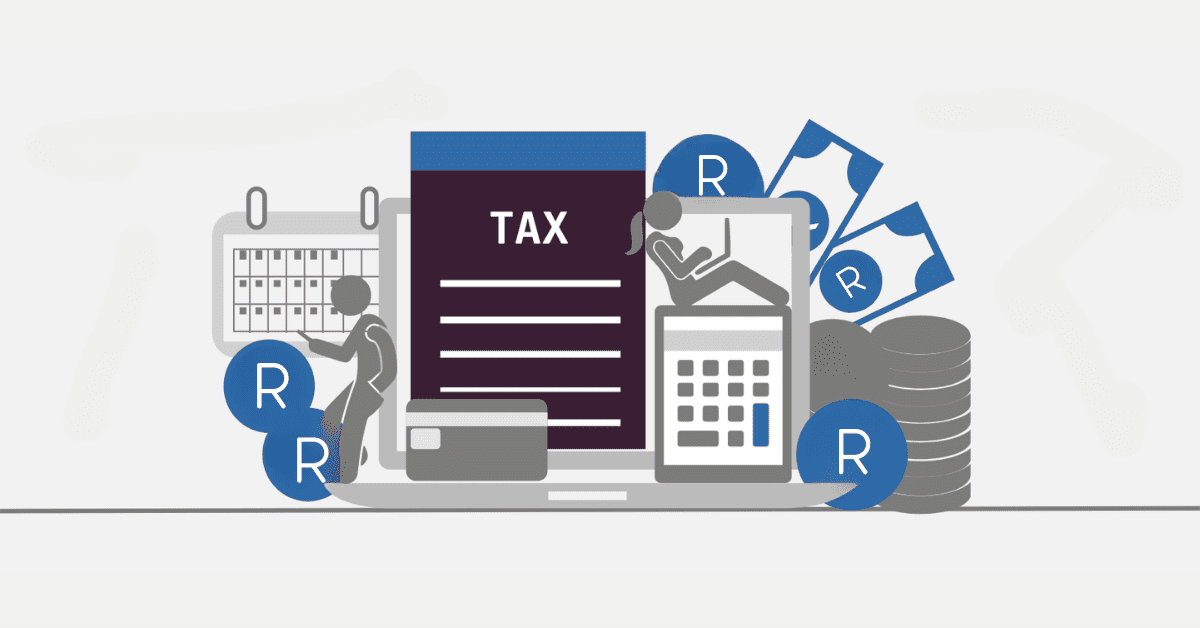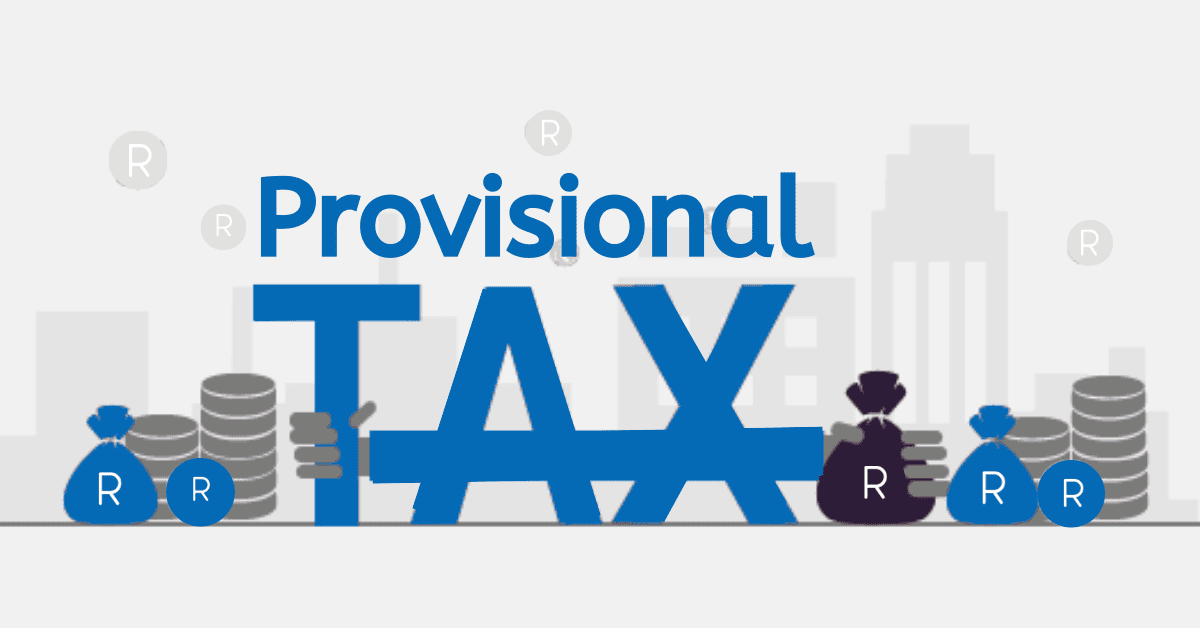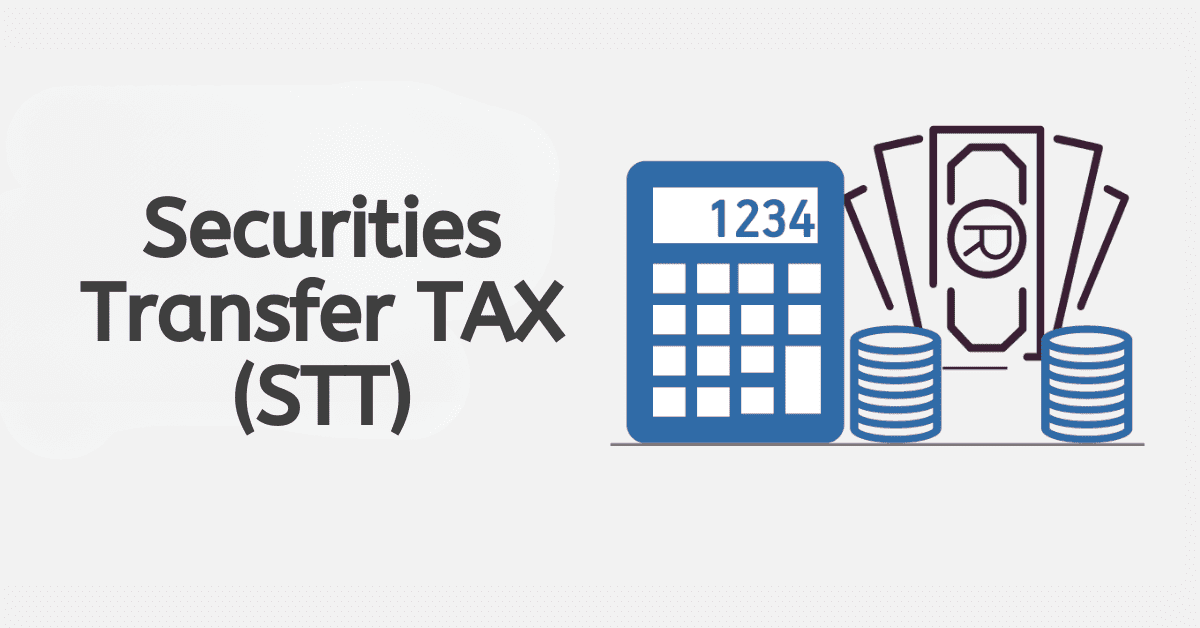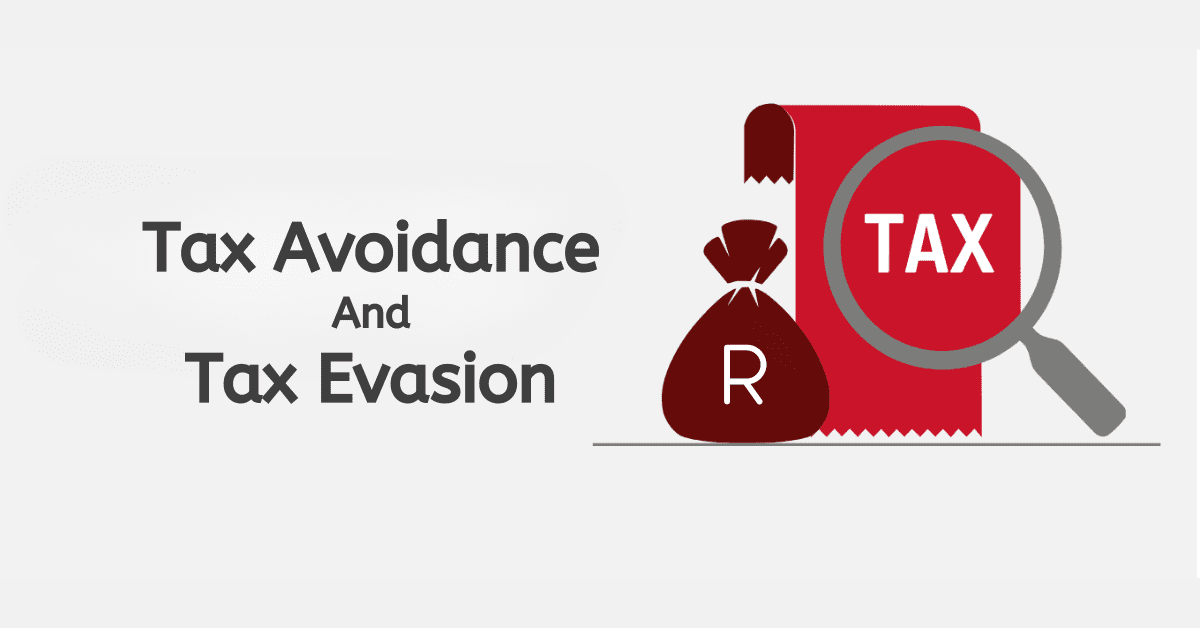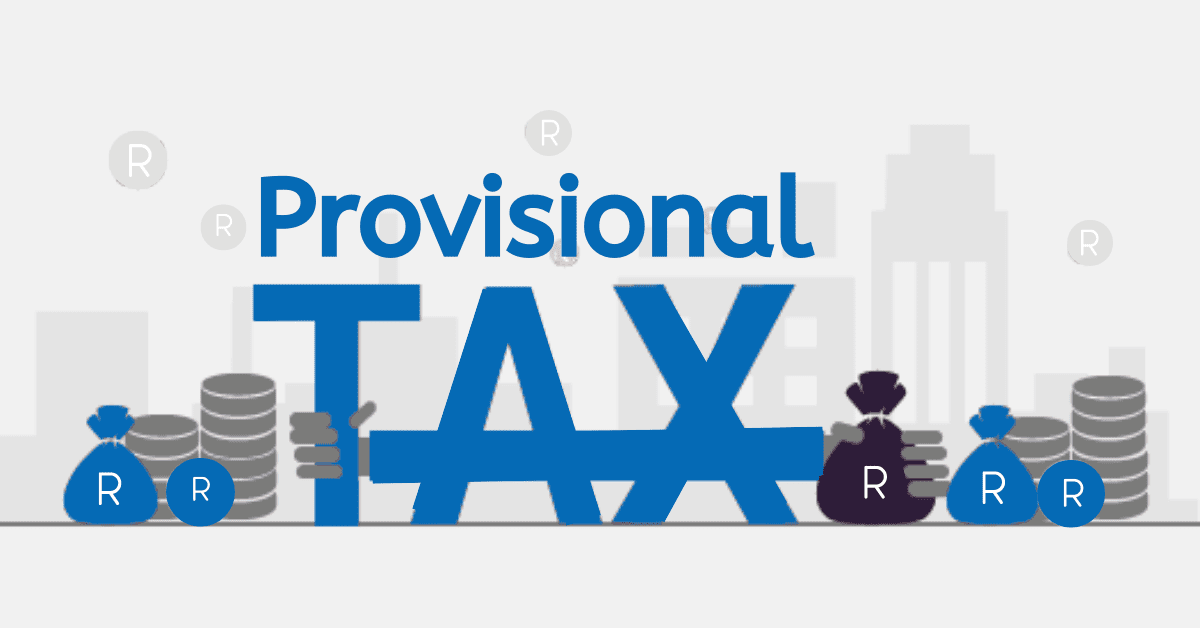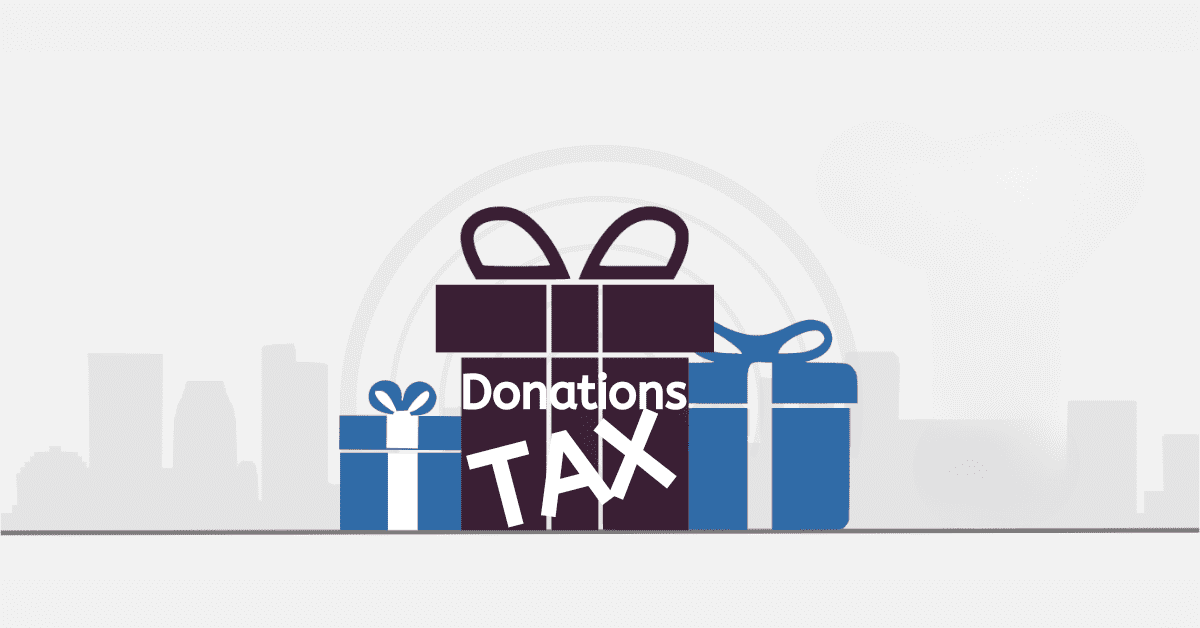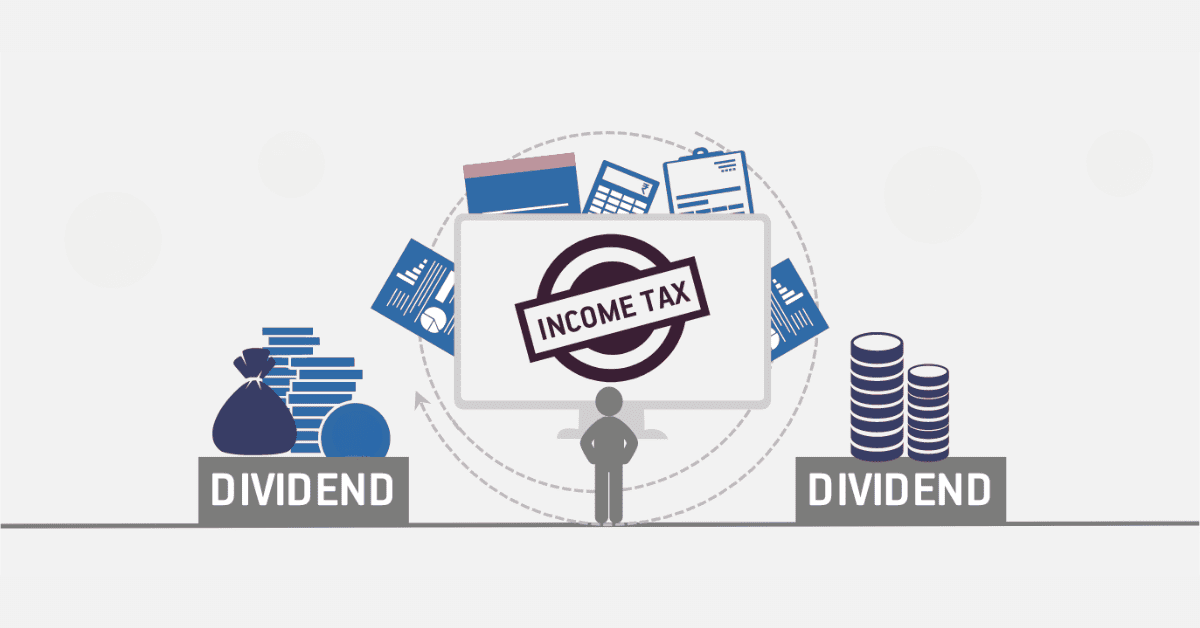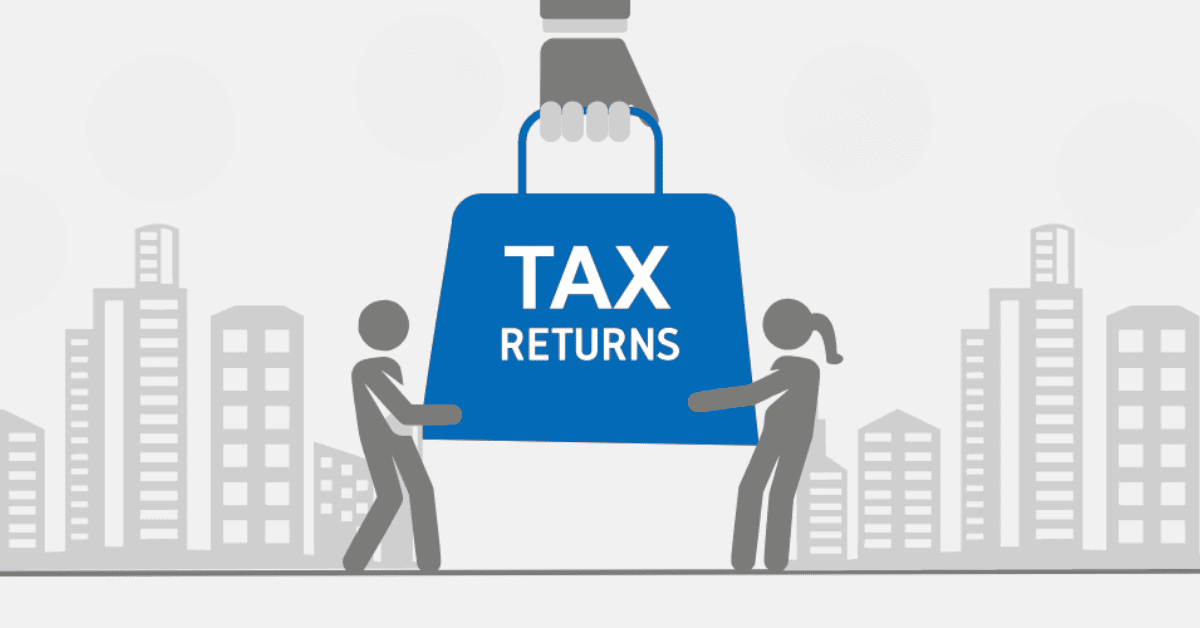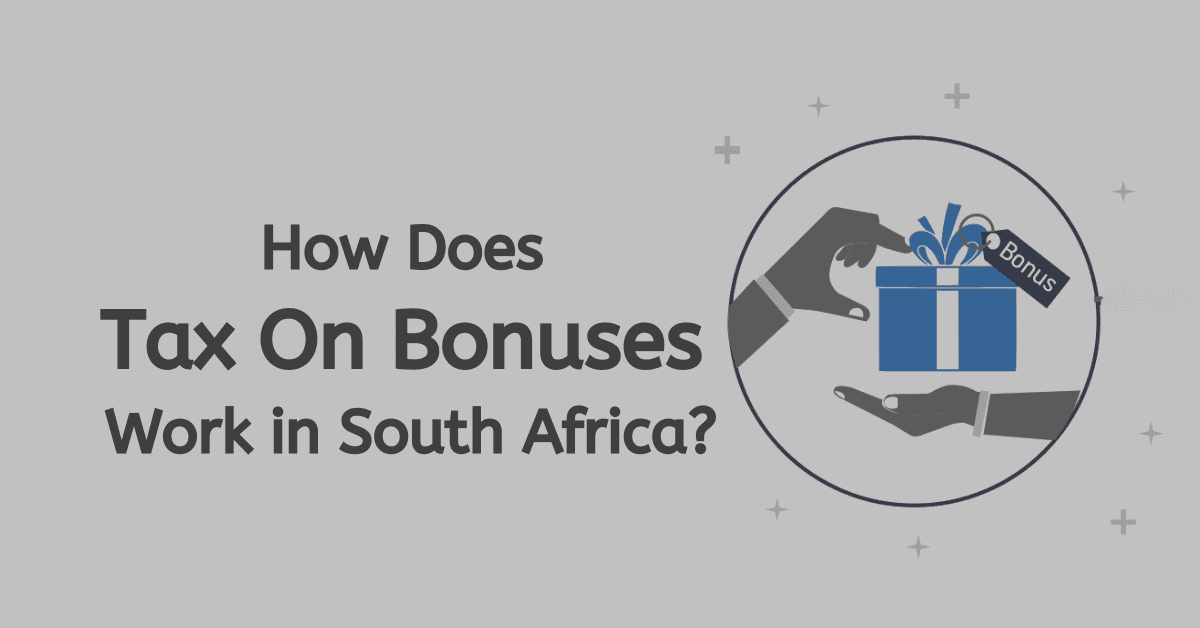Tax reduction plays a pivotal role in stimulating economic recovery, both nationally and globally. Governments often deploy tax relief strategies during challenging economic times to encourage spending, boost investment, and promote overall financial stability. This comprehensive exploration delves into the impact of tax reduction on economic recovery, emphasizing its significance in revitalizing economies. We examine how tax relief can enhance consumer spending, delve into the theories supporting the idea that tax reductions foster economic growth, and explore strategies for improving economic growth in South Africa.
How Tax Reduction Stimulates Economic Recovery
Tax reduction is a powerful economic tool to ignite recovery during periods of economic downturn. By reducing the tax burden on individuals and businesses, governments aim to encourage spending and investment, thereby revitalizing economic activity. This strategy is particularly relevant when consumer and business confidence wanes during a recession or crisis.
A fundamental element of tax reduction lies in its influence on available income. When people experience a boost in their financial resources through reduced taxes, it often prompts increased expenditure on various products and services. In a cyclical effect, this bolsters demand and provides vital support to enterprises. Furthermore, corporate tax incentives aimed at businesses, like lowered corporate tax rates, have the potential to invigorate investments in fresh initiatives, business growth, and employment opportunities.
Many governments implemented tax relief measures to cushion the impact in response to the global economic challenges posed by the COVID-19 pandemic. These measures included income tax rebates, value-added tax (VAT) reductions, and business grants. Such interventions aimed to keep money circulating in the economy, prevent job losses, and support industries hit hardest by the pandemic.
What Impact Will Tax Relief Have on Consumer Spending?
Tax relief directly influences consumer spending patterns. Lowering taxes results in individuals having greater disposable income, fostering heightened expenditure on a diverse array of products and services. Here’s how tax relief impacts consumer spending:
- Increased Disposable Income: Tax reductions result in a surplus of funds for individuals, facilitating easier expense management and the ability to allocate resources to optional expenditures.
- Enhanced Consumer Confidence: Diminished tax obligations can elevate consumer confidence, increasing people’s inclination to engage in substantial acquisitions like homes, automobiles, or household appliances.
- Stimulated Retail and Hospitality Sectors: Lower taxes can increase spending on retail, dining, and entertainment, significantly benefiting these industries.
- Fueled Economic Advancement: A surge in consumer expenditures generates a heightened demand for products and services. In response, businesses expand their operations, invest in innovation, and bolster their workforce, fostering economic growth.
Nevertheless, the degree to which tax relief influences consumer spending hinges on multiple factors, encompassing the scale of tax reduction, the overarching economic climate, and consumer sentiment.
What is the Economic Theory Behind Tax Reductions for Stimulating Growth
Supply-side economics, often termed “trickle-down economics,” is the foundational idea behind the theory that reducing taxes can fuel economic growth. This theory posits that diminishing taxes, especially for businesses and affluent individuals, encourages investments, job creation, and economic expansion, ultimately benefiting every layer of society.
Key components of this theory include:
- Encouraging Investment: Lowering corporate tax rates provides businesses with additional funds for expansion, research and development, and workforce expansion.
- Enhancing Global Competitiveness: Reduced taxes can bolster a nation’s global competitiveness, making it more appealing for foreign investment and cultivating a business-friendly atmosphere.
- Fostering Employment: Reduced business taxes may increase recruitment, lower unemployment rates, and elevate consumer confidence.
- Promoting Entrepreneurship and Innovation: Tax incentives can catalyse entrepreneurship and innovation by freeing resources for startups and research endeavours.
How Can South Africa Bolster Economic Growth?
Enhancing economic growth in South Africa constitutes a multifaceted challenge requiring a comprehensive strategy. Although tax reduction can contribute, several other approaches can support sustainable economic growth:
- Invest in Education and Skills: A highly skilled workforce is essential for innovation and productivity. Investing in education and vocational training can significantly enhance human capital.
- Infrastructure Development: Building modern, efficient infrastructure encompassing transportation and communication networks is pivotal in fostering economic growth.
- Empowering Small and Medium Enterprises (SMEs): SMEs frequently act as substantial catalysts for economic expansion. Facilitating their access to financing and streamlining bureaucratic processes can invigorate innovation and job creation.
- Boosting Export-Oriented Industries: Fostering industries that compete globally and export goods and services can invigorate economic growth and diminish dependence on domestic consumption.
- Addressing Structural Inequities: Resolving underlying issues like unemployment, poverty, and inequality proves pivotal for enduring economic growth and social harmony.
- Effective Fiscal and Monetary Strategies: Enforcing judicious fiscal and monetary policies can uphold macroeconomic stability and allure investments.
- Embracing Innovation and Technology: Nurturing innovation and integrating modern technologies can elevate productivity and competitiveness.
To summarize, tax reduction is a formidable catalyst for sparking economic resurgence. However, it should be a component of a broader blueprint for attaining sustainable economic prosperity. South Africa can pave the path to lasting affluence and resilience by addressing various dimensions of its economy.
